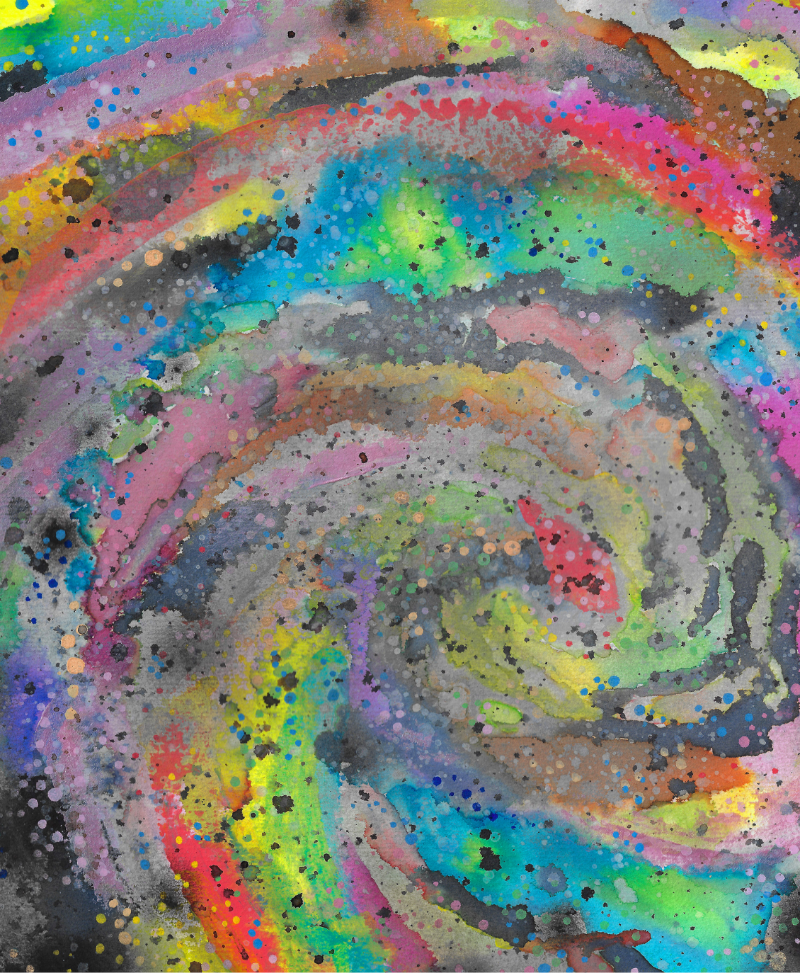Cognitive Behavioural Therapy
CBT focuses on how your thoughts, beliefs and attitudes affect your feelings and behaviour, and teaches you coping skills for dealing with life's issues and how you handle them.
How a situation is viewed and what meaning it has for us, provides the foundations in terms of how we interact with the world and how it interacts with us. If we view a situation negatively then we are likely to experience negative emotions as a result, these negative feelings then in turn often leading to unhealthy behaviours. This may manifest itself in communications or actions of some type.
The way we have learnt to reflect on our lives and the world is usually learnt in childhood, either overtly 'You will not amount to anything', or covertly by the behaviours we receive from the respected adults around us in a drip feed effect. When our basic needs to be loved, to be heard, to belong, to achieve, to have beliefs in something and hopes for the future, when they are not met as children we may blame ourselves for not being good enough in some way.
By challenging these now automatic thoughts, beliefs and attitudes, CBT helps to create new meanings for clients going forward, new ways of examining the ways we think and behaviourally creates alternative ways of being and living going forward. By talking therapy to get to underlying meanings, by paperwork exercises to understand where the client is coming from, we then gain the material to reassess, and behavioural exercises are then given to test out new ways of being that are healthier to the client in question.
CBT is recommended by The National Institute for Health and Care Excellence (NICE) as the most effective psychological therapy for anxiety and depression.
